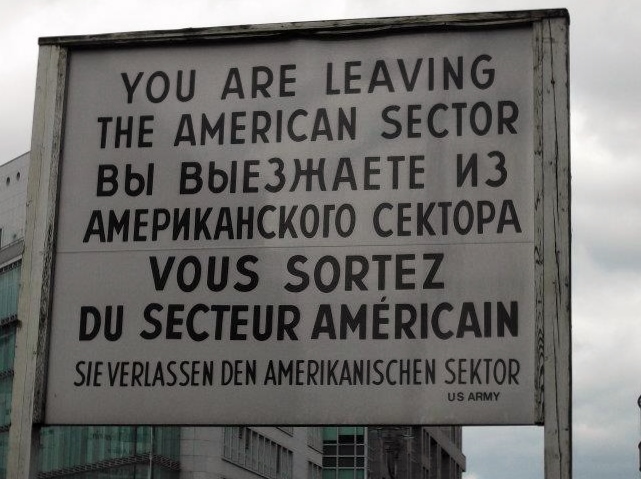Dirty pretty language: translation and the borders of English
DOI:
https://doi.org/10.21992/T9C65NAbstract
This article analyses the politics of English, and translation into Englishness, in the film Dirty Pretty Things (Frears). With a celebrated multilingual cast, some of whom did not speak much English, the film nevertheless unfolds in English as it follows migrant characters living illegally and on the margins in London. We take up the filmic representation of migrants in the “compromised, impure and internally divided” border spaces of Britain (Gibson 694) as one of translation into the imagined nation (Anderson). Dirty Pretty Things might seem in its style to be a kind of multicultural “foreignized translation” which reflects a heteropoetics of difference (Venuti); instead, we argue that Dirty Pretty Things, through its performance of the labour of learning and speaking English, strong accents, and cultural allusions, is a kind of domesticated translation (Venuti) that homogenises cultural difference into a literary, mythological English and Englishness. Prompted by new moral panics over immigration and recent UK policies that heap further requirements on migrants to speak English in order to belong to “One Nation Britain” (Cameron), we argue that the film offers insights into how the politics of British national belonging continue to be defined by conformity to a type of deserving subject, one who labours to learn English and to translate herself into narrow, recognizably English cultural forms. By attending to the subtleties of language in the film, we trace the pressure on migrants to translate themselves into the linguistic and mythological moulds of their new host society.Downloads
Published
Issue
Section
License
Authors who publish with this journal agree to the following terms: a.Authors retain copyright and grant the journal right of first publication with the work simultaneously licensed under a Creative Commons Attribution License that allows others to share the work with an acknowledgement of the work's authorship and initial publication in this journal. b.Authors are able to enter into separate, additional contractual arrangements for the non-exclusive distribution of the journal's published version of the work (e.g., post it to an institutional repository or publish it in a book), with an acknowledgement of its initial publication in this journal. c.Authors are permitted and encouraged to post their work online (e.g., in institutional repositories or on their website) prior to and during the submission process, as it can lead to productive exchanges, as well as earlier and greater citation of published work (See The Effect of Open Access).



